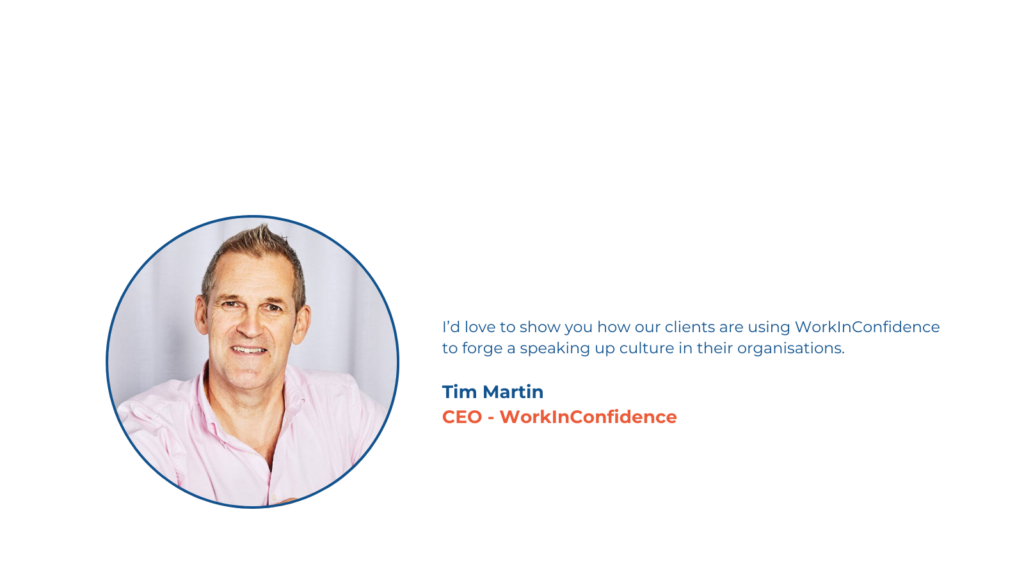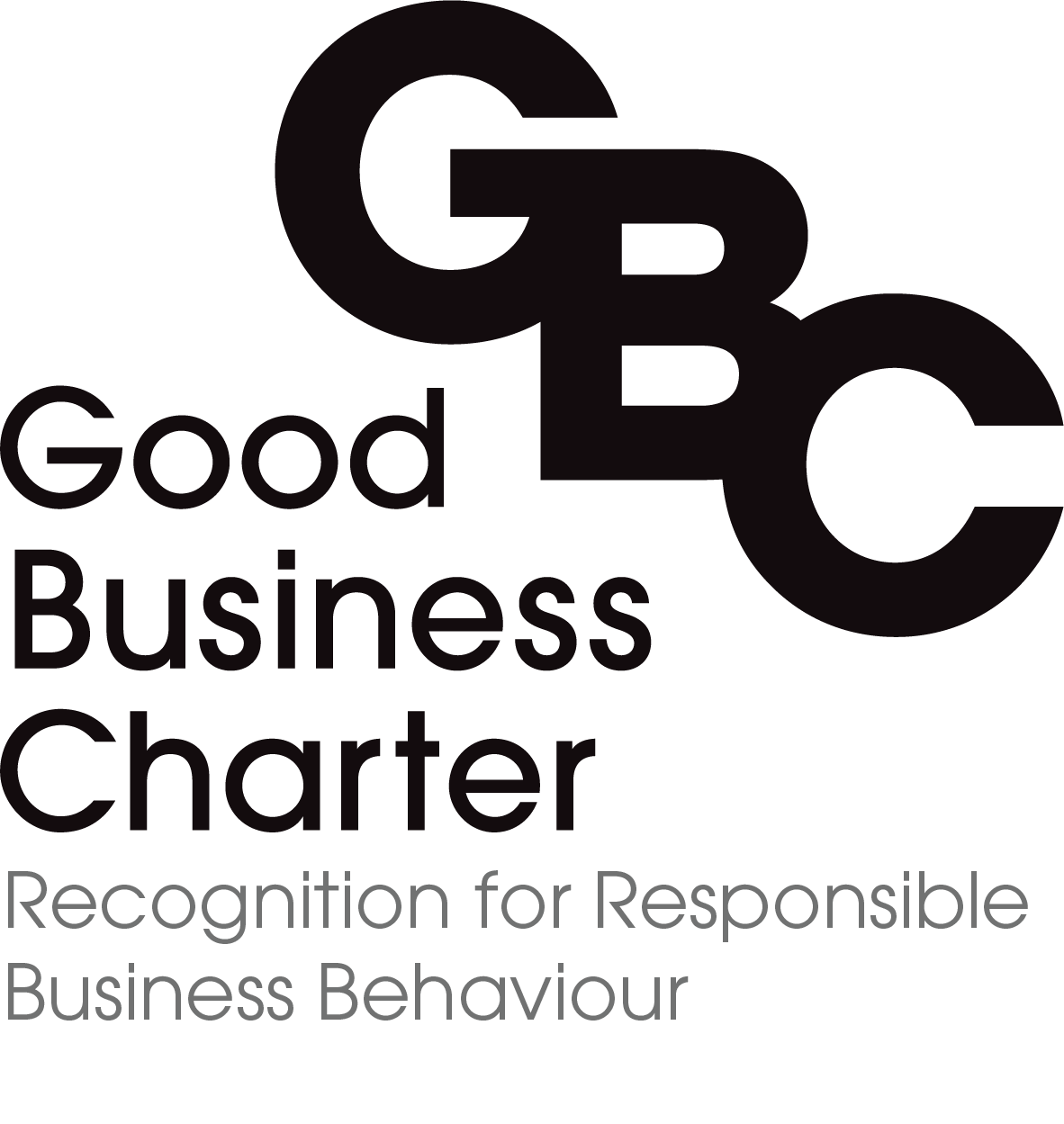
Applying learnings to drive improvements
The 2023/24 NHS Staff survey results were published in March. Over 1.4 million NHS staff in England were invited to participate in Q4 2023. With a response rate nearing 50%, the survey gives a good insight into the NHS staff experiences.
Across several areas things appear to be nudging in the right direction, showing an overall improvement in staff experience and staff engagement.
Interestingly, Trusts with the highest compassionate leadership scores also generally scored higher on staff engagement.
Key areas
Staff Engagement
Overall, staff engagement scores on motivation, involvement and accuracy remain at a similar level to 2022.
Compassion
Overall, there are marginal improvements in areas of compassionate culture, compassionate leadership and diversity and inclusion.
Staff Retention
There were improvements in ‘thinking about leaving’ 29.12% sub-score has improved this year but remains worse than in 2020. Between 2020 and 2022 the proportion of staff who often think about leaving their organisation increased by around six percentage points, but this has been followed by an improvement in 2023, represented by a three-percentage point decrease.
Staff in Ambulance Trusts remain the most likely to be thinking of leaving, but the proportion has decreased in all trust types since 2022.
Diversity & Equality
There has been a gradual increase in the percentage of staff saying they have experienced discrimination at work 8.5% (2022: 8.3%) from the public and 9.1% (2022: 9.0%) from managers and colleagues.
The biggest improvement is the proportion of staff who feel “valued by their team” which has gone up two-percentage points over the last two years to 70.4% .
Raising Concerns
Raising concerns sub-score has remained at a similar level, 2023: 6.5%, (2022: 6.5%).
The percentage of staff who feel secure about raising concerns on clinical safety is now at a five-year low, 71.2% 2023, 71.9% 2022, 75% 2021, 72.6% 2020, 71.8% 2019.
Confidence to raise clinical safety concerns has declined by around six percentage points amongst medical and dental staff since 2021.
Harassment, Bullying & Abuse
There has seen a slight decrease in the proportion of staff saying they have experienced harassment, bullying and abuse at work in the last 12 months – 25.8% from the public, 10.2% from managers and 18.1% from other colleagues.
For the first time the survey asked about unwanted behaviour of a sexual nature in the workplace, from the public or from colleagues. Staff saying they had been the target of at least one incident of unwanted behaviour of a sexual nature in the workplace in the last 12 months were:
- 9% from patients / service users (23% for Ambulance Service Staff).
- 4% experience from colleagues (8% for Ambulance Service Staff).
Better listening and understanding employee voice
The survey shows that whilst some progress is being made, there is still a lot of work to do in NHS culture on respect, speaking up and understanding employee voice.
Forward-thinking organisations, NHS Trusts included, make strong efforts to build and communicate an open, trusted and supportive culture. Such cultures are proven to have a positive impact on staff engagement and retention.
Staff voice is highly correlated to strong staff engagement. When people feel they have a voice, they tend to be more engaged. To each have a voice that counts, where giving feedback makes a difference.
The NHS as an organisation is generally trying to collect feedback through various surveys. That feedback needs to be captured from all staff members more consistently and acted upon and actions/outcomes taken communicated back to staff.
Ensuring Speaking Up is effective
The survey results show there are still too many gaps in cultures of consistent respect (with far too much harassment, bullying and discrimination in existence).
There are also still too many people feeling unable to speak up when things aren’t right.
It appears that for nearly 40% of employees, culture and Guardians alone are not enough to remove the fear they have. This appears to be partly driven by a power imbalance (perceived or real). Another contributing factor is constant reinforcement from experiences of others and the media, that despite what organisations saying it’s safe to Speak Up it can carry the danger of negative consequences. Even the risk of this is something contributing to the number of people not Speaking Up.
The NHS staff survey and the number of Speak up cases logged with the NGO combined, suggest that:
- Typically around 50% of staff are willing to raise concerns with a manager – usually the first route suggested by internal guidance.
- About 5% of staff prefer to have a confidential conversation with the excellent and growing network of Freedom to Speak Up Guardians across the NHS, and wider Healthcare Sector – something which can offer a higher level of psychological safety where needed.
This still leaves a substantial number not Speaking Up and organisations need to continue looking at further ways to bridge this gap.
This can be helped by inclusion of a two-way anonymous reporting channel and guaranteeing all staff members’ identities are protected, and will remain anonymous, as long as the staff member wants it to. This transfers some of the balance of power back into the hands of the staff member, as they are in control of deciding when they are comfortable enough to step forward.
A further factor to success in Speak Up processes is ensuring effective follow up of cases through highly effective case management. Ensuring both that cases are followed up, you are checking back that case initiators felt the process delivered and the organisation is gathering, joining up and sharing learnings (where appropriate).

How WorkInConfidence can help
WorkInConfidence help hundreds of organisations through anonymous speak up, a two-way, encrypted reporting platform. Users are always anonymous unless they choose to reveal their identity. Cases are easily managed in HR Case Management where real-time reporting and visual dashboards give an overview of any underlying issues. Employee Engagement Surveys can be easily accessed, from pulse surveys to full engagement surveys created from built in templates or customised to your organisational needs.
Get in touch for a full demonstration to see for yourself how easy our solutions are to use and implement.
Some of our client testimonials
“Raising concerns anonymously has helped more people feel confident in coming forward, that they are being listened to and, that something will happen. It’s been a great way to introduce people to speaking up and helping the Trust improve their preventative initiatives. Trying to help people to do the right thing, to report it and how to report it is so important.
The most important thing for us is to get people speaking up and the two-way anonymous reporting channel provides this extra level of security for our staff to come forward”. – Liz Bessant, Freedom to Speak Up Guardian, Avon & Wiltshire Mental Health Partnership NHS Trust and South West Regional Guardian.
“Simply providing an anonymous platform encouraged feedback allowing leadership to understand our people’s daily challenges, and best of all, we could track, address and respond to them. Allowing anyone to have a voice has helped us establish ourselves as an outstanding firm to work with” – Erin Green, Travers Smith LLP
“WorkInConfidence has provided platforms that have enabled staff to speak up and speak out, while we have the opportunity now to listen and engage with purpose. In the first six months, we have had more interactions on the platforms than we had in the first two years on the previous solution” – Gareth Evans, Betsi Cadwaladr University Health Board





